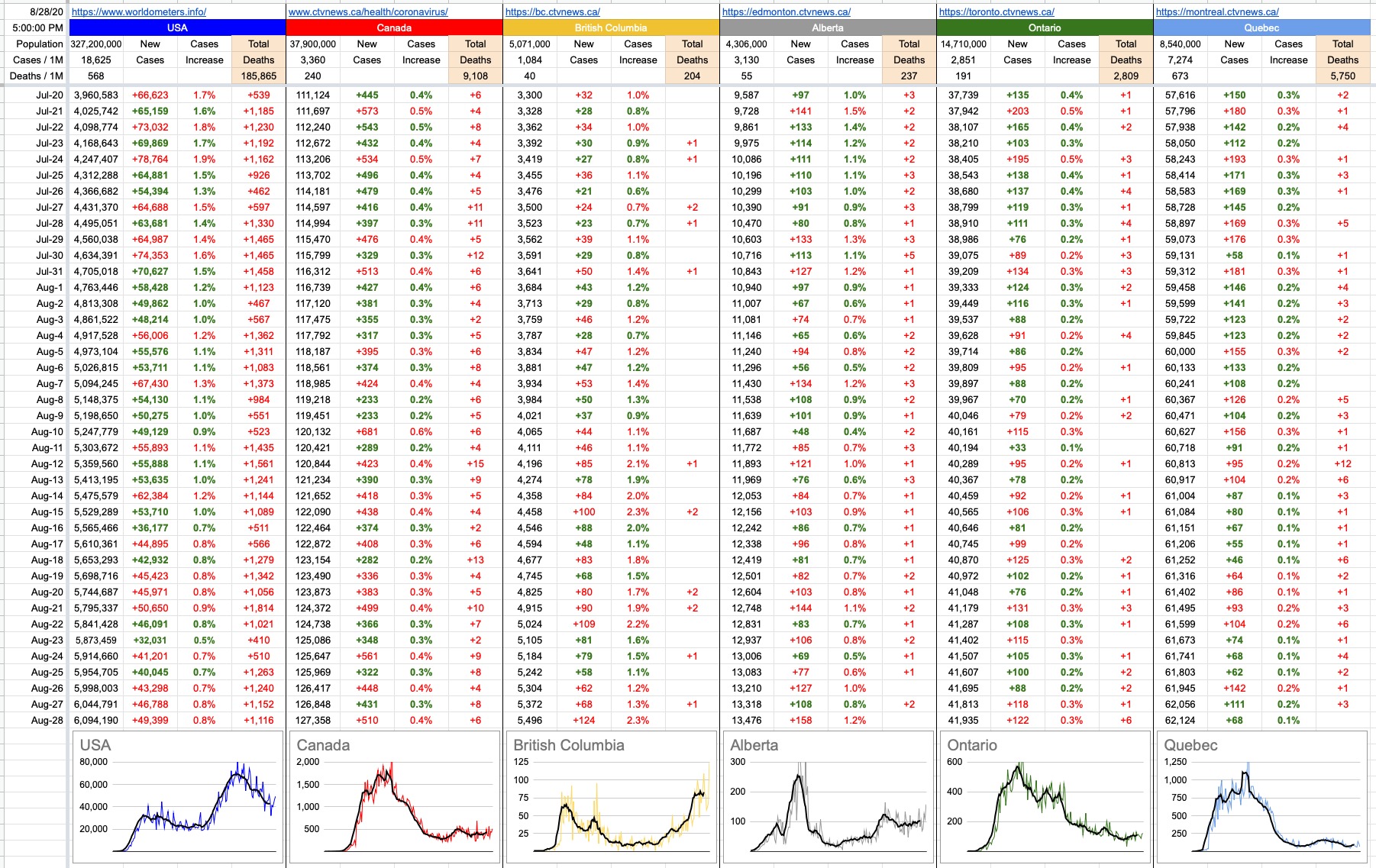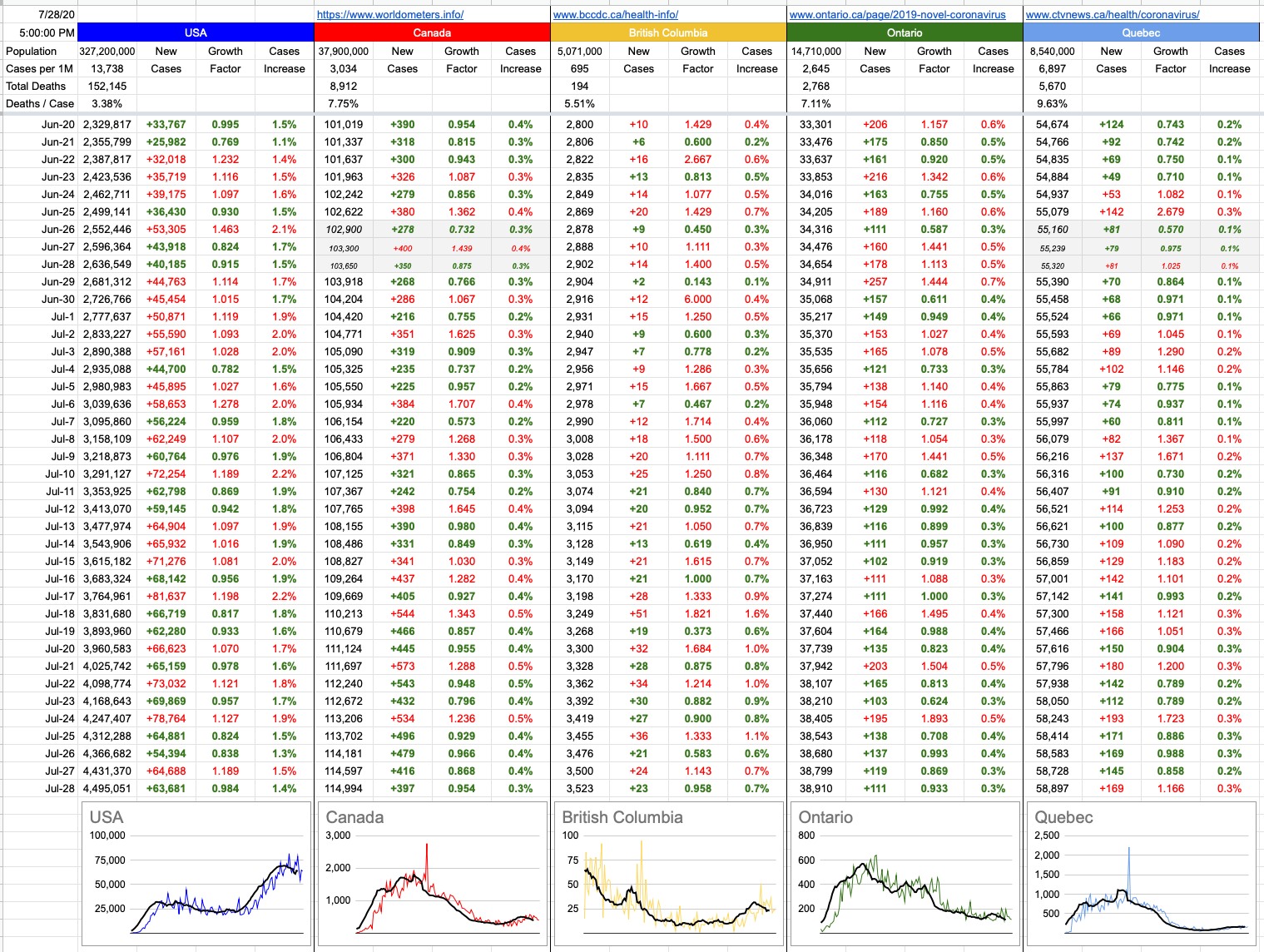Queueing Theory is a fascinating branch of math that deals with the science behind… queues, as in line-ups. First of all, let’s take a moment to admire that word… queueing… how often do you see a word with five vowels in a row?
When it comes to line-ups, there’s more to it than you might think. The variables used in analyzing queues involve things like how often do new people show up to join the queue? How often is the person at the front getting pulled out of it? How long does it take to process and then get rid of that person? How long is too long? …because arriving people may see a long line and just say forget it.
The red velvet rope that delineates where to stand plays an important psychological role. If you arrive, and the queue extends past the end of the rope, you might think the line is too long, and bail….but if there’s lots of room and the rope extends way back… well — it can’t be too bad, right? Straight line vs snaking line? Should you be able to see the whole line, or should some of it be hidden?
Nightclubs play a balancing act… perhaps you’ve been to clubs where you wait outside a while, finally go in, and the place is half-empty. They make you stand in line to appear busy… to attract others to come…but, of course, if the line is too long, you may be dissuaded to wait… it’s a fine… line.
Some of it is fancy math, and some of it is just social engineering, but fundamentally, there are right and wrong ways to do queues. Like, what’s better… 6 independent line-ups for individual bank tellers, or one central line-up that sends the person at the front to the next open window? That one is a no-brainer… pretty-much everywhere that can support the latter has switched to that model. It’s not necessarily better for an individual who might luckily pick the fastest line, but it’s the fairest… and from a psychological point of view, that keeps everyone happy because it’s balanced. It’s very aggravating to be standing in a slow-moving line while everyone else is moving around you. And if you picked that line, part of you is thinking you “lost”.
I think about that whenever I’m stuck in a bank line-up… that this is the best way to do it, and it could be a lot worse. How much worse? Allow me to describe what’s possibly the worst way to do it…
In Copiapó, back in the day, here’s how it worked… one day, I was told to run to the bank… here are some papers, some forms… just go there and hand them over; they’ll know what to do. And go now, and hurry, it’s 11:45. Doesn’t the bank close at 4? Yes, but you need to be there before noon — go!! So off I went to the bank, a couple of blocks away.
There were four tellers open, and each with a few people waiting, each with its own line-up. I joined one with 2 people ahead of me… like, who knows, right? Go with the shortest line, of course. But as I’m standing there waiting, time is ticking and ticking… and the people around me all seem to be getting more and more agitated. Grumblings of “what’s going on” and “hurry up” and so on. Whatever, I’m up next, but as soon as the person ahead of me is done and leaving, the teller pulls up a “closed” sign. In fact, all 4 tellers do it at the same time. It’s exactly noon, and it’s lunch time. Much groaning from the people all around me… but nobody moved, so neither did I. And I watched, as she pulled out a paper bag. From it, a sandwich, an apple, an orange Fanta and a paperback. And I stood there, for exactly 30 minutes, watching her and her co-workers have their lunch, simultaneously. She ate her sandwich, she ate her apple, she drank her Fanta. During that, she read her book as if there weren’t a crowd of people, me at the front of it, staring at her during the entire time. And at exactly 12:30, she put all that way, removed the sign and it was back to business. My thought at the time hasn’t changed: there can’t possibly be a worse way to have organized this.
Most places that can afford the space have moved to the “single lineup feeding into multiple spots” model. In that model, it’s best to leave the decision-making to the very last minute… everyone is in the same queue, and as soon as a spot opens up, the next person, which by definition is the person who’s been waiting the longest, gets it. Sometimes, that decision point has to be made earlier, and that tends to unbalance things. For example, airport security… you’ll often be thrown into a single long line, at the end of which some person will look around for what looks more open, and send you to that security screening area (one of 6, let’s say) which will already have its own line-up. Depending on many things, you may end up 10 minutes ahead or behind the person that was next to you.
Line-ups have been around forever, but different cultures treat them with varying degrees of respect. And in some cultures…
Yeah, speaking of airports and speaking of Chile… when you fly down to South America from Vancouver, you have two choices… go through the U.S., or don’t. Which means either flying through L.A. or Dallas…. or flying through Toronto. From a hassle point of view, a no brainer. Avoid the U.S. and TSA and security line-ups and all of that. But there’s one part of the trip that you have to see to believe.
We’re all used to respecting queues, like when boarding a plane… Zone 1, Zone 2, etc. We all get into that little set of chutes and wait for our turn. But if you’re in Toronto, flying down to Santiago, Buenos Aires or Rio…. all bets are off. There is no semblance of respecting any sort of queue. It is an angry mob that’s standing, jammed and jostling, for an hour before boarding. Forget the children and families first, forget the elite status business class VIP whatever. None of it matters. But one thing those Latin American cultures do respect is the elderly… so what you will see in front of the mob are wheelchairs. One or two? No… try 30, most of them with surprisingly mobile people once it’s time to board… oh, don’t worry, they say as they miraculously rise from their front-of-the-line chair, I can take it from here. I’ve asked the gate agents about all of this, and it’s very simple, especially since it’s a late-night flight and they just want to get home: “We don’t even bother anymore”.
One thing we’ve all gotten used to these days is finding queues where we never had them… especially grocery stores. Queues that tell you where you can stand, and where you can’t. Big Xs on the ground and arrows to point you in the right direction. A visit to many groceries these days is a moving, one-way queue — first in, first out, no going back. It’s evident to me, that in some cases, not a lot of thought went into it initially, and that’s fair. Everyone is trying to figure things out as they go along, and most people don’t have an arsenal of queuing-theory formulas at their disposal. Even before all of this, the supply/demand for cashiers at Safeway wasn’t dictated by some supercomputer. The cashiers themselves see things suddenly getting busy and just page someone to come help. And when things get slow, that person disappears to the back. That “busy-ness” has now moved to the outside of the store, which in many ways is a better place for it.
Ultimately, that’s the way we’re all doing it these days; just go with what works, and course-correct it as needed. And for what it’s worth, as time has gone on, certain things seem to have improved… as you’d expect. People have realized when it’s “good” to go, which self-balances things. People have realized if they can make their shopping trip efficient, it helps a lot. No aimless wandering up and down aisles… plan ahead, know what’s where, and do it all at once. Far less time wasted. There are now many things in place that didn’t exist until recently, and will likely stick around when things are back to normal… just one more thin, silver lining to the big cloud of the day: this pandemic is making parts of our society much more efficient.












